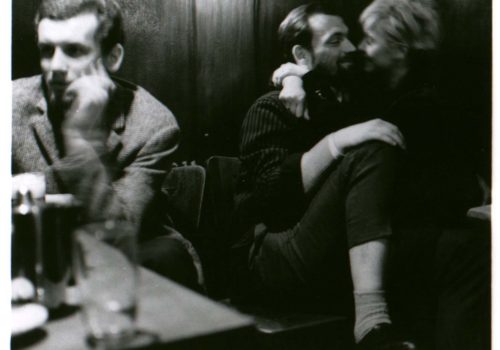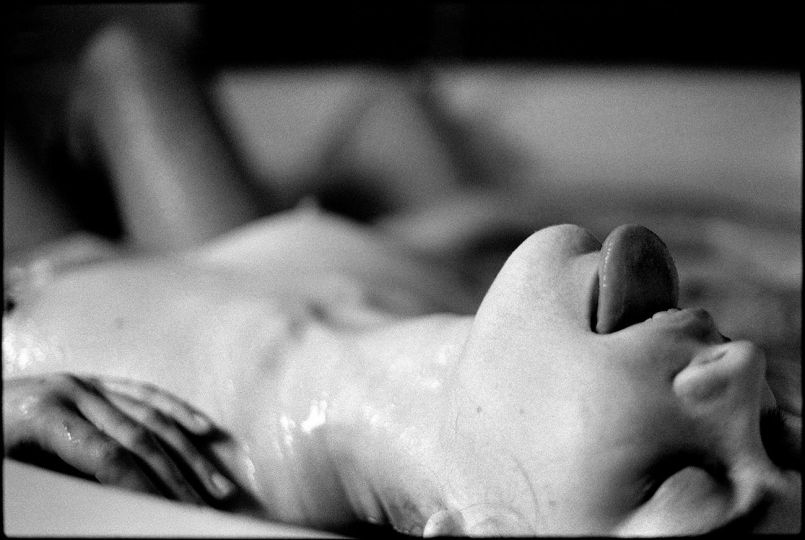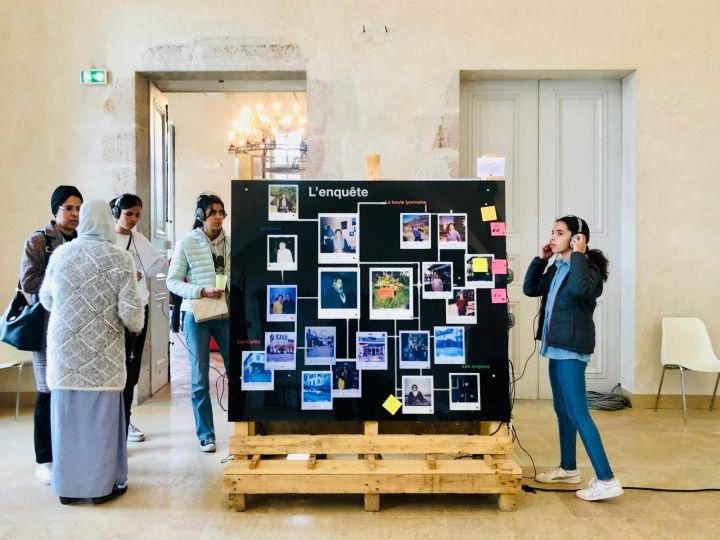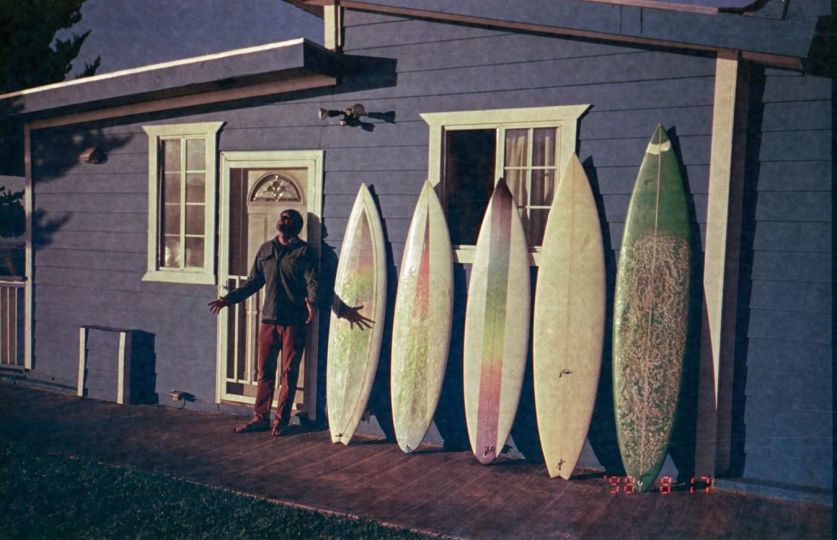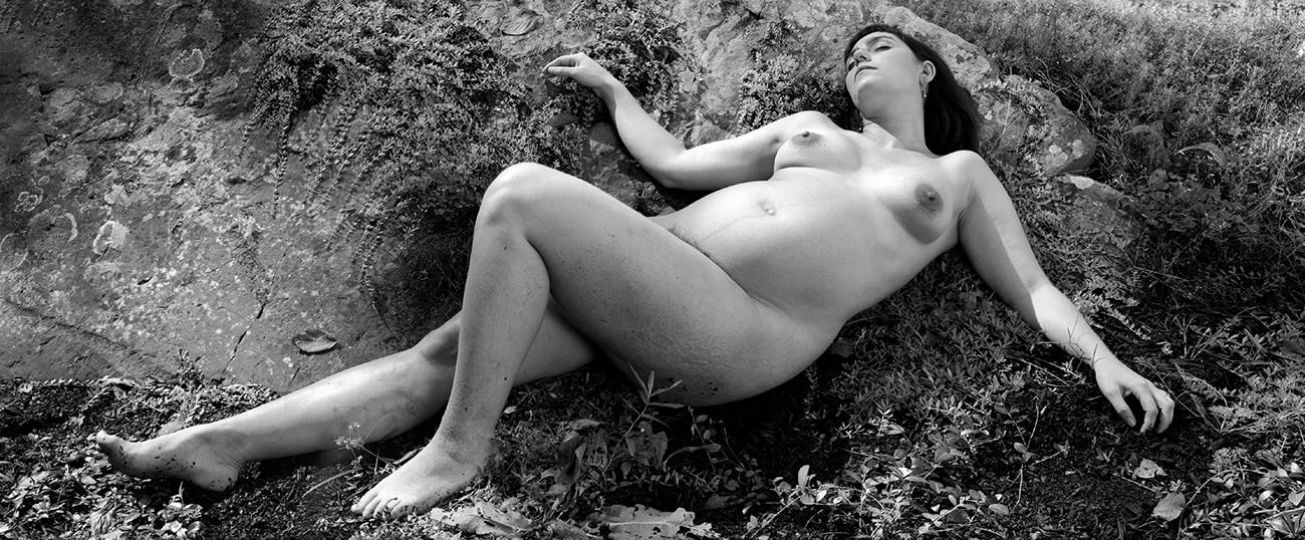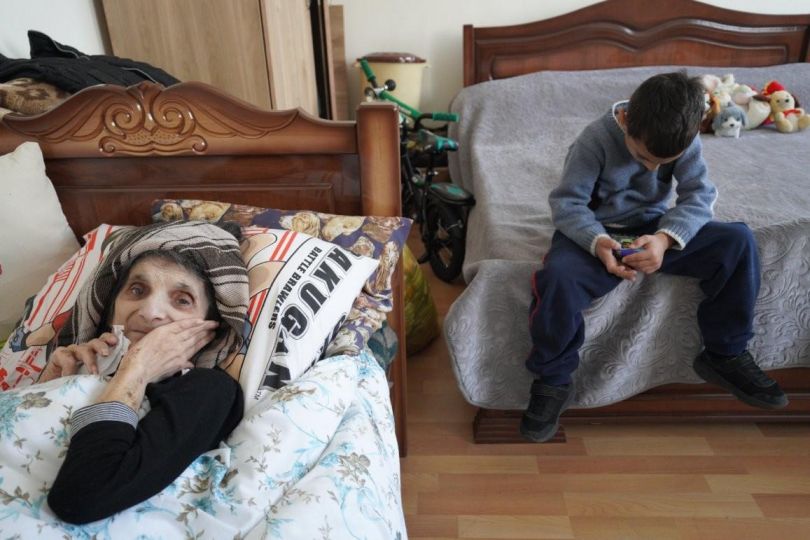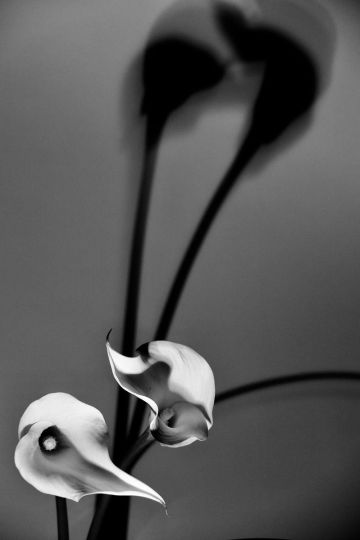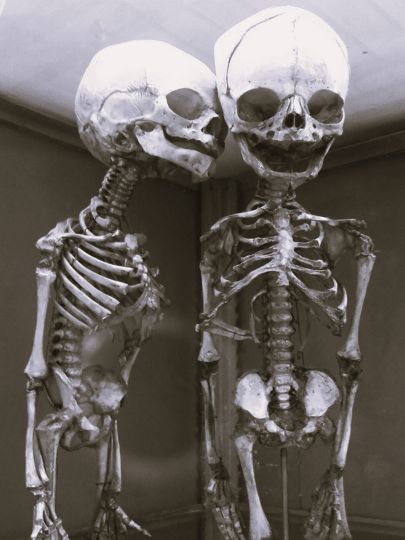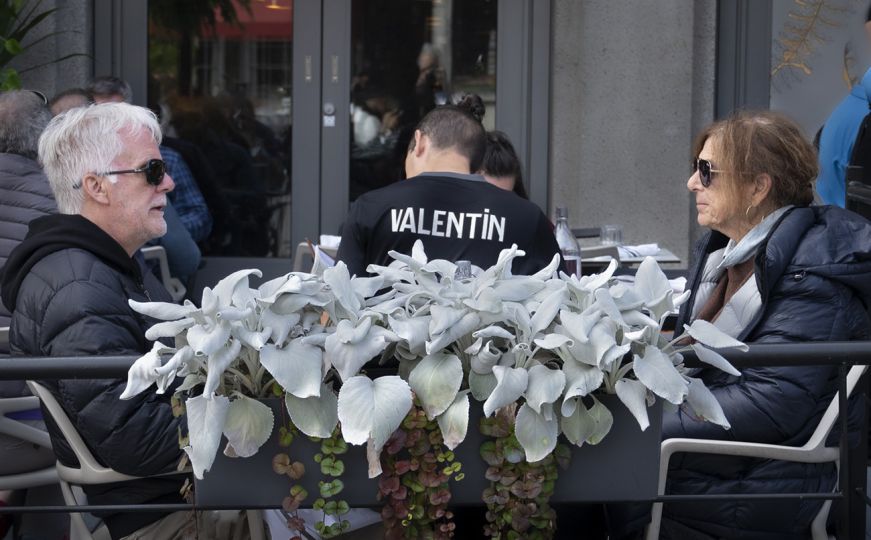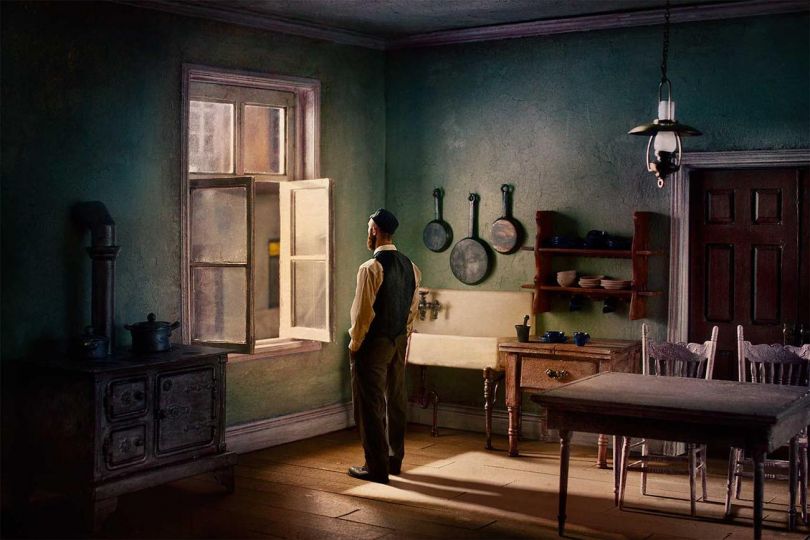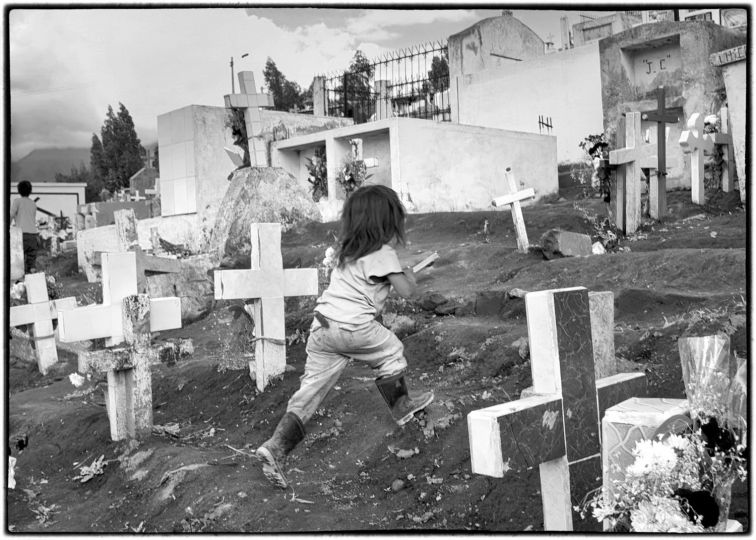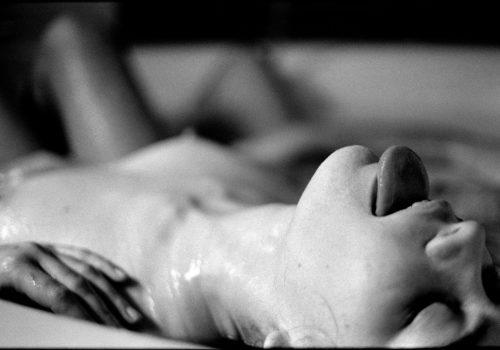Joseph A. Buemi (b. 1923, d. 2007). Joe was born in Binghamton, New York. He served in the U.S. Army in WWII and fought in the Battle of the Bulge. He was an artist and internationally recognized photographer, with photographs in many museums and private collections in the United States and Europe. Locally he taught photography, exhibited and judged photo competitions, and an extensive collection of his photographs and papers are in the collection of the Broome County Historical Society, in Binghamton.
Buemi wrote in his Personal Statement and Technical Notes, “Photographically speaking, I pause to admit there are sensations impossible to bring forth to full substance. What can a camera lens say of a landscape blurred by mist, or a walk in woods darkened by an approaching storm and rendering the scene into a place of mysterious enchantment. It is certain one must experience the full senses — to smell the moisture of wet leaves after a cold rain, the heat under the blaze of a noonday sun, hearing sounds emitted nearby from holiday throngs or their voices echoing afar, or in the distant haze beyond a city’s skyline appearing as a city lost in time.
“Technically, I have been using second-hand cameras for years: Minolta SRT-101, Canon F-I and Rolleiflex twin-lens; yellow filter and seldom used tripod. Essentially I rely on my senses: the eyes, mind, heart, reflexes, imagination and concern for subject matter.”
In his Thoughts About My Work, Buemi wrote, “To say my pictures are a personal diary of my sensitive feelings toward everyday life is a near accurate description. I use the camera as a medium of note—taking just as the poet from day to day transcribes his ideas and impressions.
“Through my photographic years I have tried to maintain a simple, honest, and direct approach in recording the truth creatively without using special gimmicks or fancy techniques. I primarily photograph in the traditional style of black and white images using second – hand cameras and processing my own work. I accept the challenge of combining the mechanical with human thought and feelings – but always keeping mechanical at a minimum. I believe the essential tools of photography are the senses: the eye, mind, heart and reflexes coordinated in a single moment. Since the camera can not interpret or express emotion the photographer must transcend his personal feelings through the mechanical eye of the camera and beyond to the final print. Sometimes the camera adorned for it’s magnificient features may cause the user to become over involved with the mechanics of picture taking at a precious lost of human concentration.
“Faced with problems and anxieties in our everyday society I regret as we grow older we lose some of the wonderment, curiosity, simplicity and imagination we had as a child. At times I try to turn back an imaginary clock in hopes of regaining some of the childlike ways when photographing.
“I believe in photography as a medium that offers me the opportunity to be creative and also to enjoy the magic of giving permanence to moments I want to remember. Some of these moments are frozen in Time.”
Buemi died in 2004 from Alzheimer’s Disease, but not before tearing up hundreds of archival prints he thought were “junk” he’d had laying around the house for years. Buemi’s archivist, the late videographer and artist Mary Ross, spent hundreds of hours sorting and cataloging the remainder of his work before donating the collection to the Historical Society.
Michael Foldes
Founder, Managing Editor

